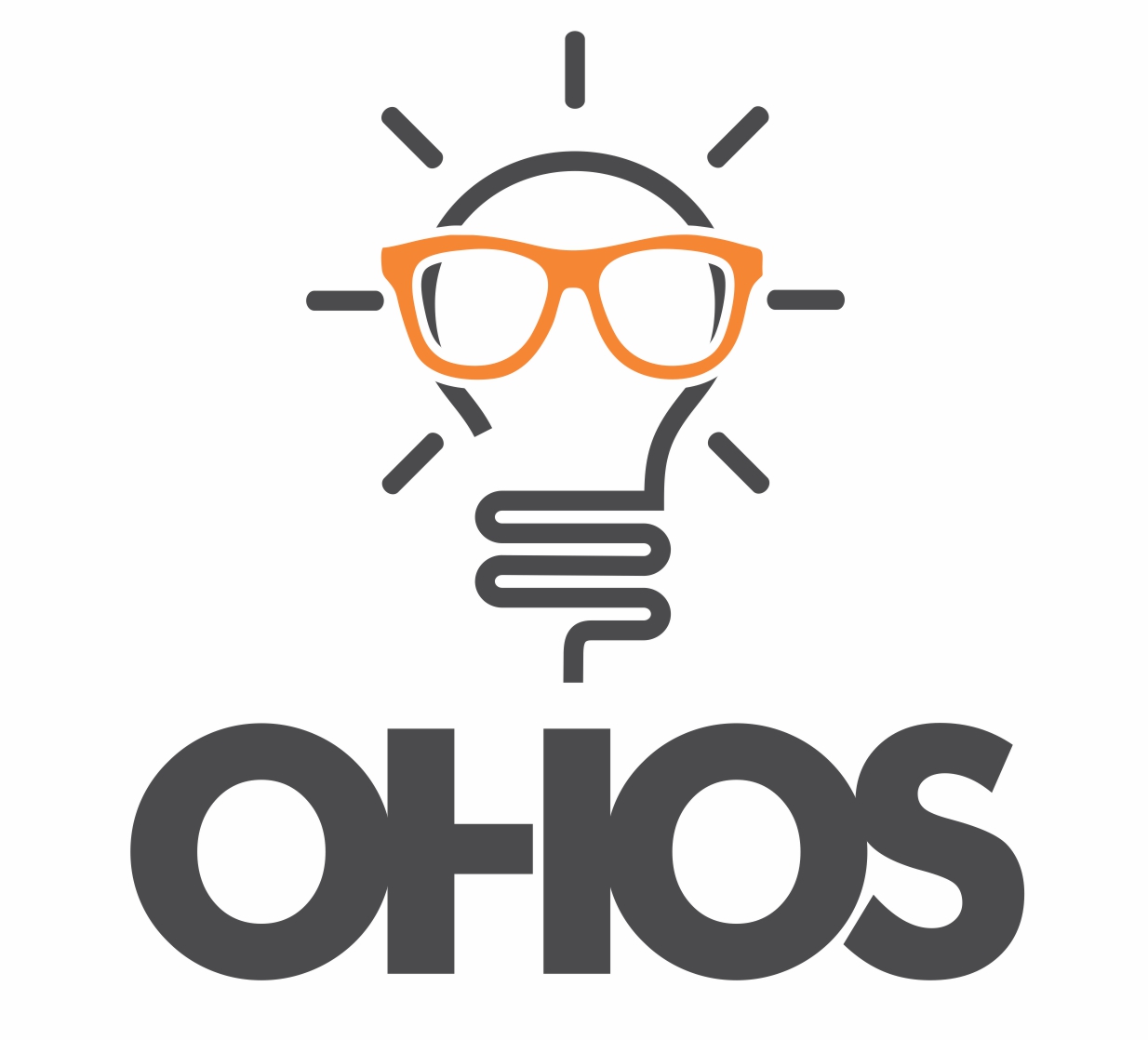The Case for Feedback Accountability
Measurement is a funny thing. In and of itself, measurement doesn't change anything, but it can be a change lever. Knowing how much you weigh doesn't help you lose weight, but the number you see might motivate you into different habits. Measuring engagement won't help your engagement scores go up but it might inform new decisions. In any event, for measurement to not be wasted effort you need to measure for a purpose and with a dedication to achieve an outcome via committed action.
First a quick distinction. A Measurement (or measure) is a single measure at a point in time. A Metric is a measurement compared to the same measurement taken at a different time.
It all starts with what do you want to change and how can you find lagging and leading measurements. Lagging measurements are things like revenue, customer satisfaction, and employee engagement. These are the outcomes...the effects of various actions. To find leading measures you need to ask "why" a bunch.
- Why did our revenue go up?
- We closed more clients. (intermediate measure = conversion rate)
- Why did we close more clients?
- We changed our sales process and followed up on a more consistent timeline with more clients.
Boom. Leading measurements = follow up timing & number of clients contacted. So long as you isolate those factors as the only thing you did differently, you now have actions to measure that correlate with revenue increase. Want to close more business, call more people, at a specified interval.
When it comes revenue, there are a lot of factors that can contribute but one that consistently is regarded as a key lagging metric that correlates to revenue growth is client satisfaction. Are your clients happy and will they recommend you to others? ie. the famed NPS (Net Promoter Score) But that is still a lagging measure. There are several measurement underneath NPS that get closer to root cause. One of which is employee satisfaction and engagement. We'll call those intermediate measurements.
So why are some employee happier than others? Three of the top drivers of employee engagement are feeling appreciated and recognized, career development and growth, and connection to a larger purpose...ALL of which are directly impacted by a person's direct supervisor. So we could ascertain another intermediate metric is "manager efficacy." But how do you measure that? Well, if some of the drivers are "appreciation and recognition" and "career development and growth" we can ask, why do people feel appreciated and recognized or that they are developing and growing? Answer - they receive balanced feedback (recognition and suggestions for improvement) from their manager.
Yay - Managers providing balanced feedback is a leading measurement of employee satisfaction, client satisfaction, and revenue. We all know feedback is important just as we all know eating healthy and exercising is important, but if we don't measure it, hold ourselves accountable, and commit to the change, nothing will improve. This is why measuring and reporting how often managers give feedback is a crucial metric. If you want engagement to go up, turnover to go down, performance to improve, and revenue to grow...managers giving feedback is a core metric you should be tracking and making decisions around. If a manager does not give balanced feedback on a regular basis they are hurting your employee engagement, your client satisfaction, and ultimately, your revenue.
If you are not tracking manager feedback and holding managers accountable for providing balanced regular feedback, don't complain about turnover, engagement, or stalled client satisfaction, and stagnant revenue. To affect a change, you have to address the root cause. So if you are not measuring it or you are measuring it and not holding managers accountable...maybe your actions (or lack thereof) are the leading measure that needs to be addressed.

![Screen Shot 2018-06-21 at [Jun 21] 5.14.05 AM.png](https://images.squarespace-cdn.com/content/v1/5663b178e4b04e4daffa8934/1529579687856-3L2LJ0ENNR6FGCRD45VM/Screen+Shot+2018-06-21+at+%5BJun+21%5D+5.14.05+AM.png)
![Screen Shot 2018-06-21 at [Jun 21] 4.50.54 AM.png](https://images.squarespace-cdn.com/content/v1/5663b178e4b04e4daffa8934/1529578295287-0300E56AACOFGJZWPQRE/Screen+Shot+2018-06-21+at+%5BJun+21%5D+4.50.54+AM.png)